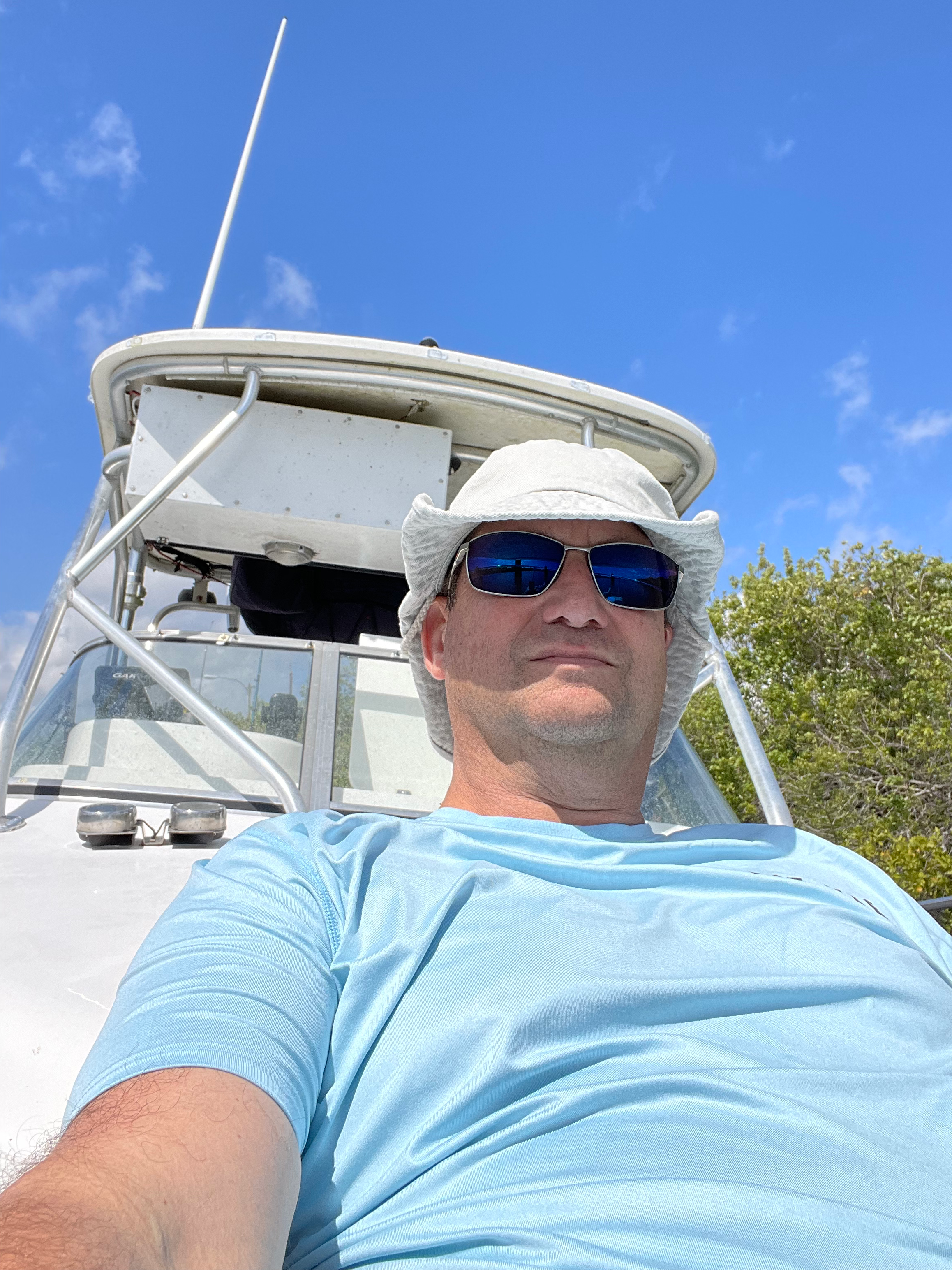Mastering the Essentials of Scuba Diving: The Importance of Buoyancy Control, Navigation and Specialty Courses
- Robert Attama

- Oct 27, 2025
- 4 min read
Scuba diving is an exhilarating way to explore the underwater world. For many, it's not just about the thrill; it’s also about the experience of navigating through vibrant coral reefs, swimming alongside schools of fish, and appreciating the beauty of marine life. To make the most of these moments, divers must master several key skills, especially buoyancy control, underwater navigation, and air management. Furthermore, participating in specialty courses can significantly boost these skills, leading to a more skilled and confident dive. This post highlights the importance of these essential skills and how specialized training can elevate your diving experience.
The Importance of Buoyancy Control
Buoyancy control is one of the most important skills for divers. It involves maintaining the right position in the water and preventing uncontrolled ascents or descents. Achieving neutral buoyancy allows divers to glide smoothly, conserve energy, and enjoy their surroundings without causing harm to delicate marine life.
For instance, consider how divers use buoyancy compensator devices (BCD) to adjust their buoyancy. Studies show that divers who master buoyancy control can reduce their air consumption by up to 30% during dives. Additionally, when divers hover at a specific depth, they minimize disturbances to coral reefs, helping to preserve these habitats for over 800 species of corals worldwide.
To refine buoyancy control, taking an Advanced Buoyancy class can be the key. Divers should work on adjusting their BCD and controlling their breath. Spending extra time perfecting this skill can drastically improve the overall diving experience.

Underwater Navigation: Finding Your Way
Navigating underwater can be daunting, especially when visibility drops below 10 meters. Accurate navigation is vital for ensuring safety and enjoyment during dives. Divers often explore new locations, and knowing how to find their way back is essential.
There are two effective navigation methods: natural navigation and compass navigation. Natural navigation requires divers to identify key landmarks, the direction of currents, and, when possible, analyze the position of the sun or moon. Compass navigation involves using a dive compass to follow a specific heading. An estimated 60% of divers report feeling lost during dives without reliable navigational skills, highlighting the need for training.
Specialty courses focused on underwater navigation can equip divers with practical techniques for effective navigation. Practicing these skills can lead divers to confidently explore new sites while ensuring they return safely to their starting point.

Managing Low Air Scenarios
Managing air supply is a critical aspect of scuba diving. Low air situations can occur without warning. Knowing how to respond can be the difference between a safe ascent and a potentially dangerous situation.
Divers should always monitor their air consumption and be familiar with their gauge readings. In low air scenarios, remaining calm is crucial. Key steps include signaling to dive buddies about your air situation, ascending slowly at a rate of about 9-18 meters per minute, and following emergency protocols when necessary.
Specialty courses that focus on emergency management and air management such as the Solo Diver Course can provide additional skills to handle low air situations effectively. Training equips divers with the knowledge to react quickly and confidently, enhancing safety during every dive.
The Benefits of Specialty Courses
Basic scuba training sets a solid foundation, but specialty courses allow divers to enhance their skills and gain specialized knowledge. These courses, often taught by experienced instructors, cover areas such as advanced buoyancy control, deep diving, and emergency management.
For example, divers can learn advanced buoyancy techniques, which can improve their control and reduce air consumption further. Specialty courses often include hands-on exercises; practically applying skills in realistic scenarios reinforces learning. Studies indicate that divers who participate in specialty courses feel substantially more confident and proficient.
Building Confidence Through Practice
One major benefit of practicing essential skills is increased confidence. As divers improve their buoyancy control, navigation, and emergency management, they feel more comfortable in the water. This confidence leads to a more enjoyable experience and greater willingness to explore new sites.
Regular practice allows divers to develop muscle memory, which makes it easier to execute skills automatically when the need arises. This is especially crucial in emergency situations, where prompt and decisive actions can prevent incidents.
The Role of Certified Instructors
Certified instructors are instrumental in helping divers enhance their skills. These professionals have extensive training and experience, enabling them to teach effectively. They provide valuable insights and techniques that can make a significant difference in a diver's abilities.
Instructors create a safe and supportive environment where divers can practice their skills without the pressure of a real dive. This nurturing atmosphere encourages questions and discussions, leading to improved performance.
Elevating Your Diving Experience
Mastering scuba diving essentials is vital for anyone eager to explore the underwater world safely. Buoyancy control, underwater navigation, and air management are crucial skills every diver should prioritize. Investing time in these areas alongside specialty courses with certified instructors not only enhances safety but also enriches the overall diving adventure.
As divers hone their skills, they open doors to discovering new dive sites, encountering diverse marine life, and creating unforgettable underwater memories. Whether you are just starting or have considerable experience, remember that practice and continued education are keys to mastering the art of scuba diving. Find out more here: sunshinestatescubadiving.com












Comments